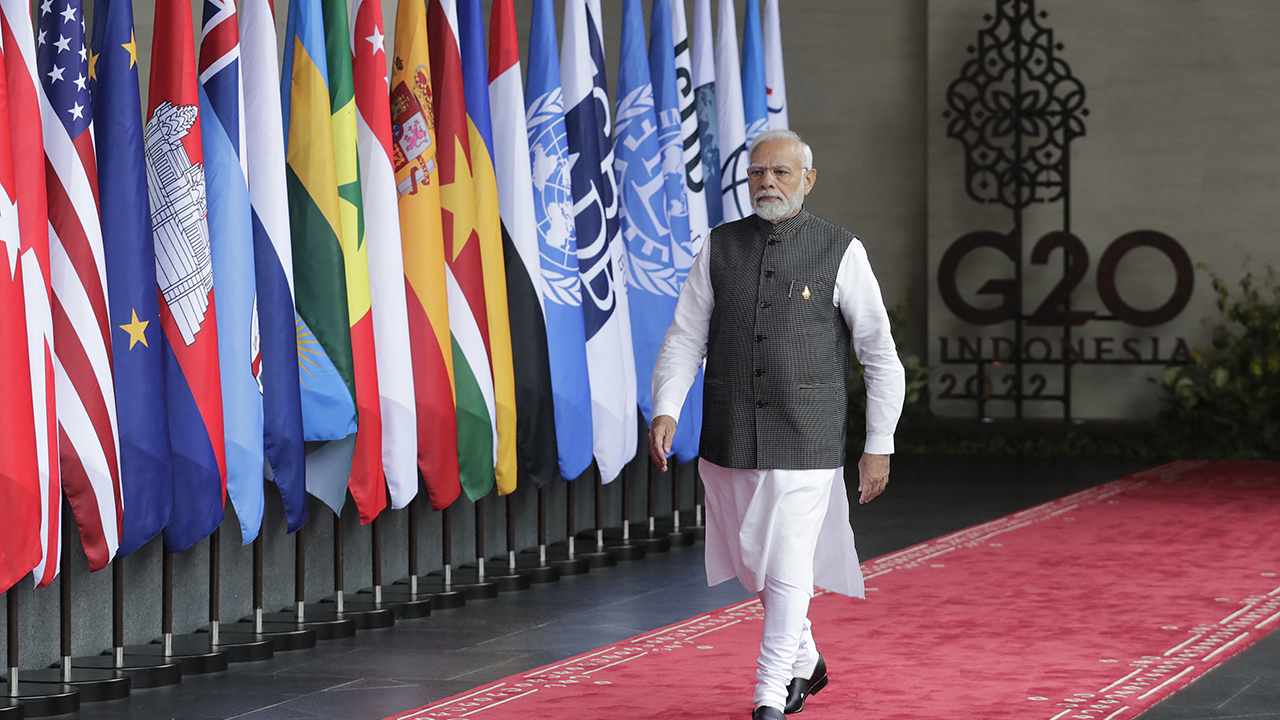
Swedish election highlights decline of center-left parties across Western Europe
Sweden's general election extended two trends now prominent across Western Europe: The rise of right-wing populist parties and the decline of center-left parties.
Sweden's general election extended two trends now prominent across Western Europe: The rise of right-wing populist parties and the decline of center-left parties.
Overall, 38% of Americans have a favorable opinion of China, down slightly from 44% in 2017. Concerns about China include economic threats, cyberattacks, environmental damage and human rights.
Views of Mexico are mixed: While 39% say they feel “warmly” toward Mexico, 34% feel “coldly,” and 26% are neutral, according to a new Pew Research Center survey. The public has much warmer feelings toward Canada. Two-thirds (67%) say they feel warmly toward Canada, with 52% giving it a very warm rating (76 or higher on the scale). Just 12% feel coldly toward Canada.
Roughly seven-in-ten Russians say their government did not try to meddle in the U.S. presidential election in 2016. However, 85% say the U.S. tries to shape the internal affairs of other countries.
People in Western Europe differ in their attitudes about major political parties and on key policy issues based on their ideology and whether their views are more populist or mainstream.
Special to RealClearWorld Support for many populist parties is on the rise in Europe. Alternative fur Deutschland (AfD) is now the third largest political party in Germany, with seats in the German Bundestag for the first time. Italy’s anti-immigrant League is the country’s third-largest party and became co-leader of the government after this spring’s national election. And in […]
The number of people living in sub-Saharan Africa who were forced to leave their homes due to conflict reached a new high of 18.4 million in 2017, up sharply from 14.1 million in 2016 – the largest regional increase of forcibly displaced people in the world.
Special to the Washington Post Former British prime minister Harold Macmillan once trenchantly observed that: “Jaw, jaw is better than war, war.” The announcement on July 25 by President Trump and European Union President Jean-Claude Juncker that the United States and the European Union would work together to reduce tariffs and other trade barriers was a tacit acknowledgment of […]
Director of Global Attitudes Research Richard Wike presented findings addressing the question of “How has populism disrupted the left-right divide in Western Europe?"
At the same time, 73% of people in the United Kingdom say they would like to see some powers currently held by the EU returned to national governments. A majority say membership in the EU has been a good thing for their nation's economy.
Across 12 countries, a median of 40% of adults say they have no confidence in Indian Prime Minister Narendra Modi to do the right thing regarding world affairs. About eight-in-ten Indians have a favorable view of Modi.
Majorities in most countries say China does not take into account the interests of other countries in its foreign policy, and China does not contribute to global peace and stability.
Across 24 countries, large shares have an unfavorable view of Russia and no confidence in Putin to do the right thing regarding world affairs.
Overwhelmingly, people believe the U.S. interferes in the affairs of other countries, but most also believe the U.S. contributes to peace and stability around the world. U.S. President Joe Biden receives mostly positive reviews.









